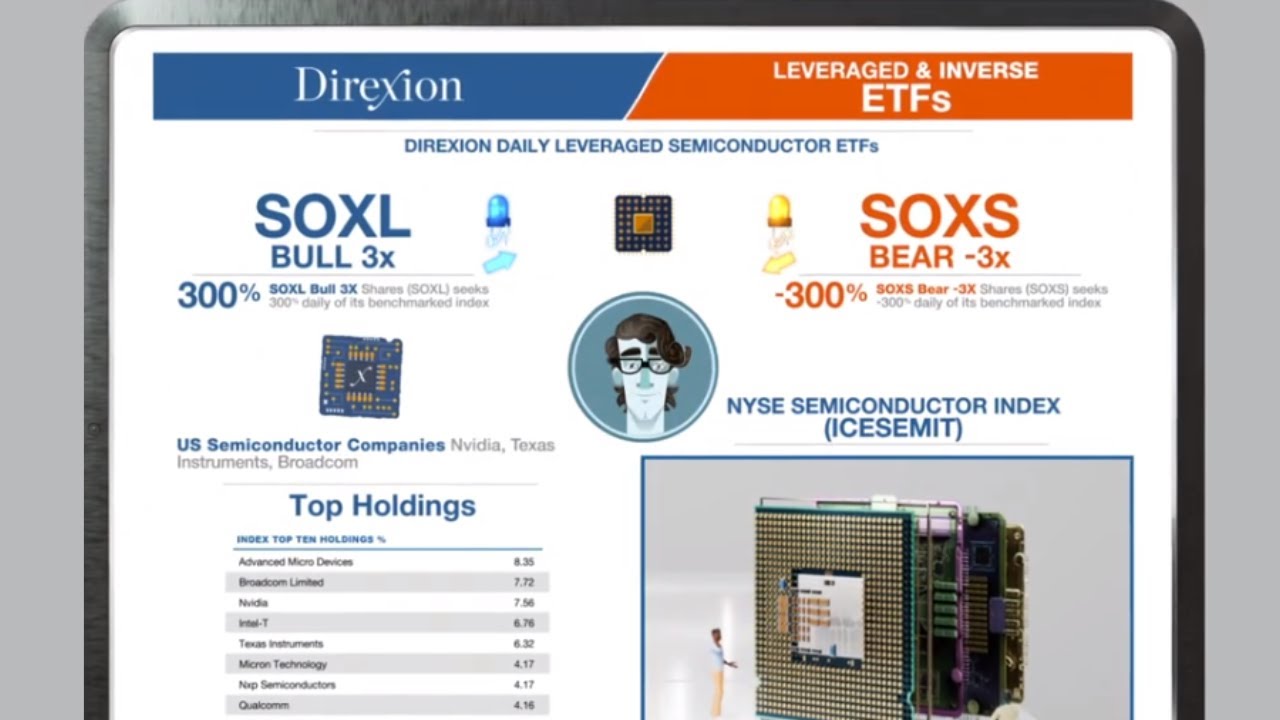In a statement the NYSE said:
“Subject to effectiveness of a rule filing with the SEC, NYSE and NYSE MKT will no longer accept new Stop Orders and Good Till Cancelled (“GTC”) Orders beginning February 26, 2016. Additionally all existing GTC and Stop Orders residing on the NYSE book will be cancelled. Firms wishing to receive electronic outs on that date, will need to remain connected to NYSE gateways until 6:00 PM.”
The mechanics of a stop order work like this: An investor who owns an ETF at $50 per share can place a stop loss order at $40. Should the shares hit $40, the stop loss order would be immediately triggered.
GTC orders to buy or sell an ETF (NYSEARCA:DVY) or stock have fixed time limits of 90 or 120 days after which they are automatically cancelled if the order goes un-executed within the required time frame.
What will be the effect of changes to the NYSE’s order trading rules?
First, regardless of the NYSE’s decision to phase out stop and GTC orders, most major online brokerage firms currently allow stop, stop limit orders and good-till-canceled orders, and there is little reason to believe this will change. However, it’s best to double check with your brokerage firm to make sure they accept stop and GTC orders.
(Audio) Be Ready for the Small-Cap Effect + How to Know if Your Overpaying for Financial Advice
Second, the elimination of NYSE stop and GTC orders will lead to an inevitable increase in open trading orders that are not visible to the exchange. That could lead unintended consequences like a wave of open trades that suddenly get triggered, thus causing the very kind of volatility the NYSE and other stock exchanges are trying to squash.
Third, other major stock exchanges like the NASDAQ (NasdaqGS:NDAQ) are likely to follow the NYSE’s path by implementing their own policy adjustments to how trades are handled on their exchange. Like it or not, a tidal wave of change is coming.
My Take
I believe the trend of phasing out stop and GTC orders is a bad trend. How could any rule that makes it difficult for individual investors to buy and sell ETFs (NYSEARCA:DIA) and individual stocks at their desired prices be construed as a positive thing? Free markets should make it easier to buy and sell at the prices we want, not harder.
3 Secrets to a Healthy Portfolio (Get the free report by TEXTING 33444 and TYPE “PORTCHECK”)
I think the better solution would’ve been to introduce alternative measures like end-of-day trading orders. How would it work?
End-of-day orders would prevent people from being pre-maturely stopped out of an equity position due to elevated intraday market volatility (ChicagoOptions:^VIX) like a “flash crash.” It would also simultaneously allow people to protect their downside if that volatility jolt (NYSEARCA:VXX) was sustained beyond just a few minutes during the trading day.
In the end, I don’t expect the NYSE’s rule change to impact most individual investors. Ultimately, equity orders will be routed to alternative trading platforms that offer the best combination of order flexibility, reliable execution, and good service.



